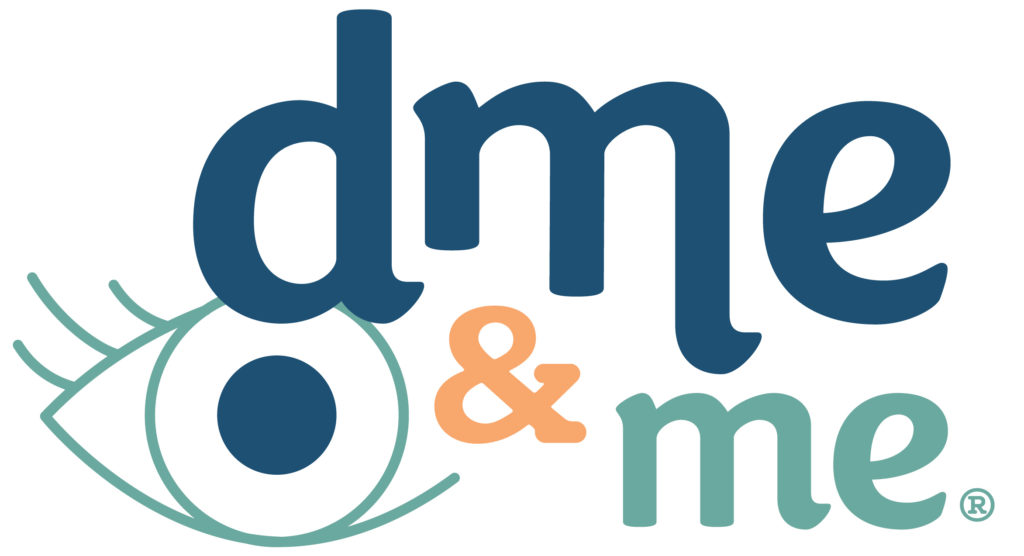Understanding and finding the right eye care professional can make all the difference! From diagnosing eye conditions to providing the proper treatment, they are all experts in caring for your vision. While an optometrist, ophthalmologist, and retina specialist may sound like the set-up for an eye-opening punchline, they each differ in their roles, training, and responsibilities.
Optometrists specialize in vision care and the management of eye diseases, ophthalmologists are medical doctors who can perform surgery and treat a wide range of eye conditions, and retina specialists focus on the diagnosis and treatment of retinal conditions in the back of the eye. Each is critical in their own way to the overall health of your vision, so here’s what you can expect from all three:
If you wear eyeglasses or contacts, there’s a good chance you’ve visited or received care from an optometrist. An optometrist is a healthcare professional who holds a Doctor of Optometry (OD) degree after four years of professional training in an optometry school. While they are not medical doctors (MDs), they are trained to diagnose and treat vision problems and eye diseases.
Optometrists can also prescribe eyeglasses and contact lenses to help with blurry vision, nearsightedness, farsightedness, and astigmatism, among other vision problems. They can also be extremely critical to detecting and managing more serious conditions like glaucoma and cataracts. Optometrists serve as a first line of defense to refer you to an ophthalmologist or a retina specialist if a potentially serious problem is detected. Talk about seeing things clearly!
Ophthalmologists are medical doctors (MDs) who specialize in the diagnosis and treatment of eye diseases and conditions. They have completed four years of medical school, a one-year internship, and at least three years of residency training in ophthalmology.
Every ophthalmologist is licensed to perform surgery and prescribe medications to their patients. They are able to diagnose and treat a wide range of more severe eye diseases like glaucoma, cataracts, and corneal disease. Many are also actively involved in scientific research on the causes and cures of eye diseases and how to treat them.
Sometimes an eye condition may call for the more specific and unique care of a retina specialist. A retina specialist is also an MD who has completed a residency in ophthalmology and has also completed additional fellowship training in vitreoretinal medicine and surgery. These specialists focus on diagnosing and treating conditions that affect the back of the eye or retina, including macular degeneration, diabetic retinopathy, and retinal detachments.
Retina specialists typically see patients who are referred by a general ophthalmologist or an optometrist who has noticed a potentially serious issue in the retina. They can be incredible resources in helping you stay on top of problems affecting the delicate tissues in the back of the eye as well as your overall vision, especially if you have diabetes and are at risk for conditions such as diabetic macular edema (DME).
Regular eye exams can help detect early signs of eye diseases that could cause permanent vision loss if left untreated. Generally speaking, you should have an eye exam with an optometrist every one to two years depending on your personal circumstances. Chronic health conditions like diabetes can also increase the risk of developing eye-related diseases. If you or a loved one are a part of the 11.3% of Americans living with diabetes, you should talk with an eye care professional about diabetic retinopathy, a condition that can lead to diabetic macular edema. Seeing an eye care professional regularly is an essential part of maintaining your overall health and well-being.
There are many ways to go about finding the right eye care professional—depending on the severity of your condition. If your eye doctor suspects or diagnoses you with DME, they will likely refer you to a retina specialist. However, if you aren’t sure where to begin, simply talking with your primary care provider can point you in the right direction. Your insurance provider will also be able to let you know what eye care services are covered.
It’s never too late to find the right eye doctor for you. For more information about retinal health and DME, click here.
The information contained here on dmeandme.com is provided for general educational purposes. If you have any questions, talk to your eye doctor. For U.S. residents only.

By going to the US site, you are agreeing to our Terms and Conditions.